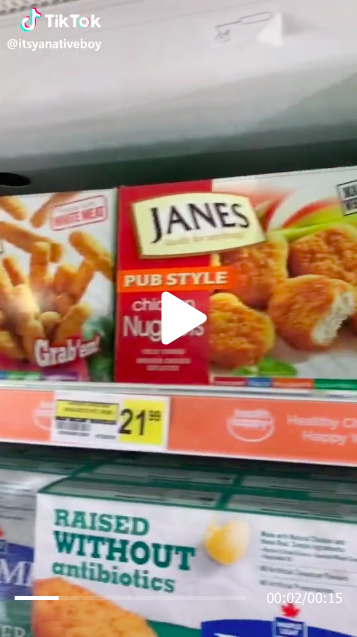Grocery shopping can be a hassle depending on your budget and the varying prices of items at different stores.
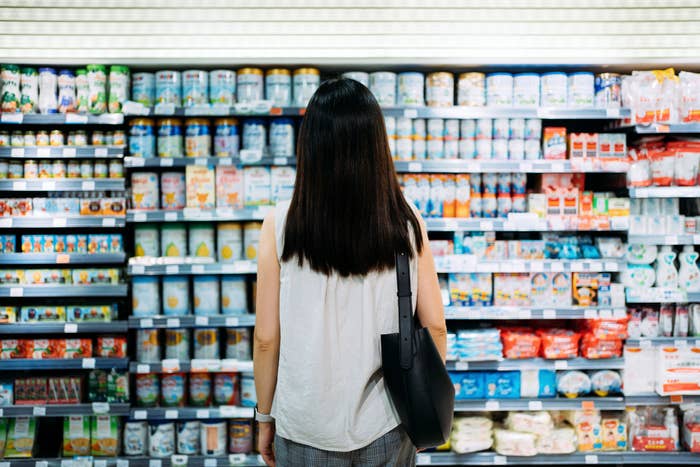
In many Indigenous communities, everything is worse. Basic items like water or fruit — that would typically only cost a few dollars — are priced at $20 or $30.
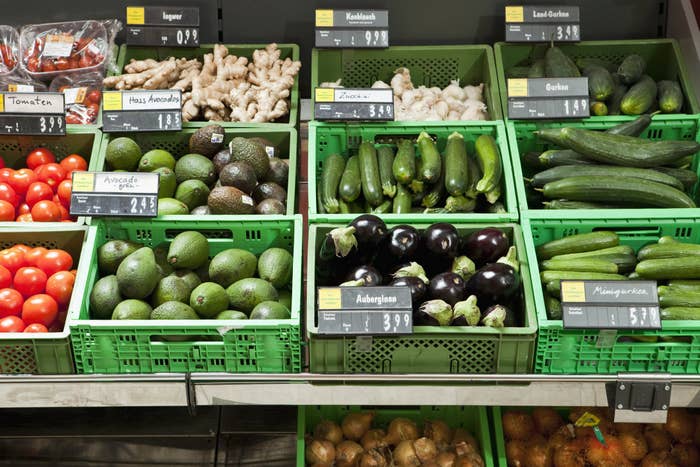
Strawberries for more than $14.
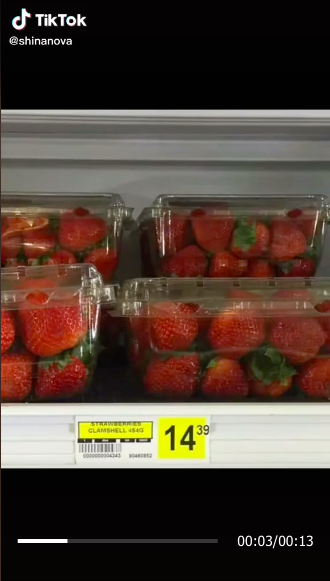
Ketchup for $16.
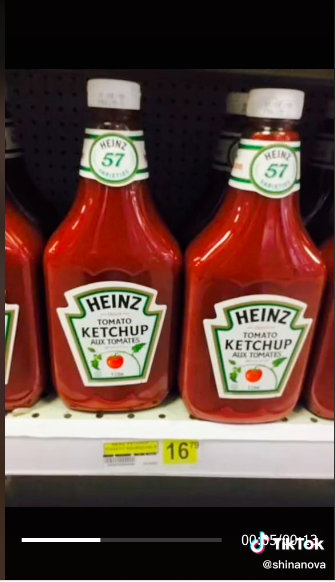
Peanut butter for $11.
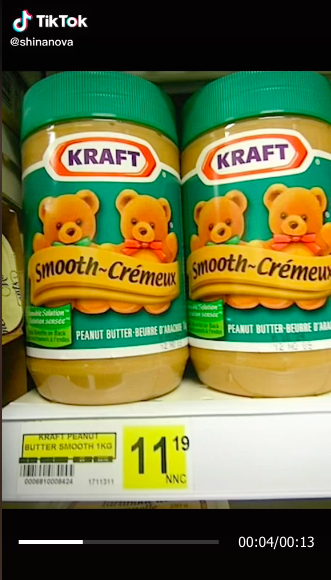
These are just a few examples of the high-priced goods that have plagued Indigenous communities for years.
And according to Vice, the cost of actually shipping the food to some of these communities rose by 400% during COVID, which only continues to raise the prices of the items sold in store.
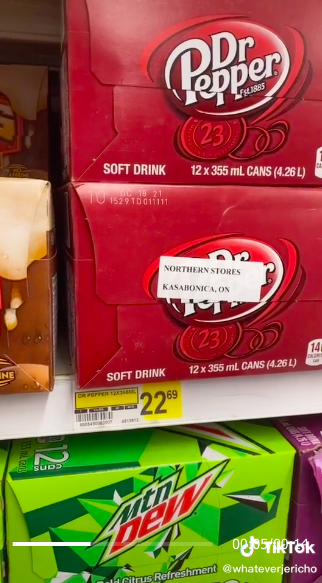
"Since COVID happened, there's really been nothing going on in terms of help," Jericho Anderson (@whateverjericho) told BuzzFeed. The 21-year-old grew up in Kasabonika Lake, an Oji-Cree First Nations band government in Ontario, Canada.
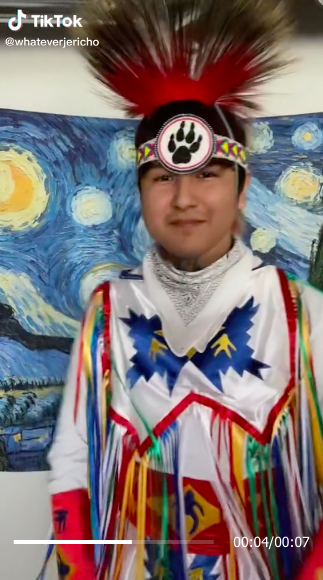
Jericho said he felt "shielded" growing up, and it wasn't until high school that he became aware of the many issues Indigenous people face living on a reservation.
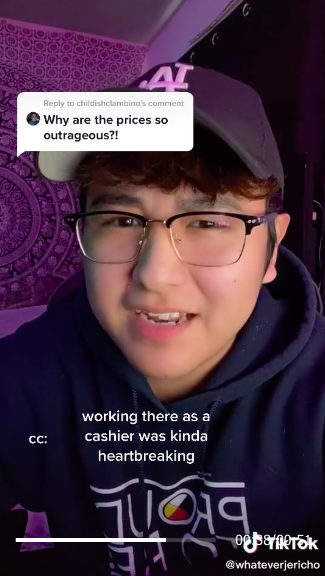
Then, one day, he decided to do something about it. He started posting on his TikTok to try and educate others about different aspects of life on a reservation. In one video, Jericho delves deeper into his frustrations about overpriced groceries in his community, like the fact that "healthy alternatives" are way more expensive.
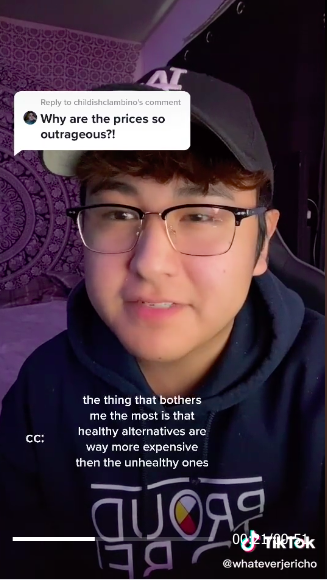
Bottled water in Jericho's community is sold for $36.49. But still, Jericho said he believes he grew up "lucky" because, unlike many other reservations, Kasabonika Lake residents had access to clean tap water.
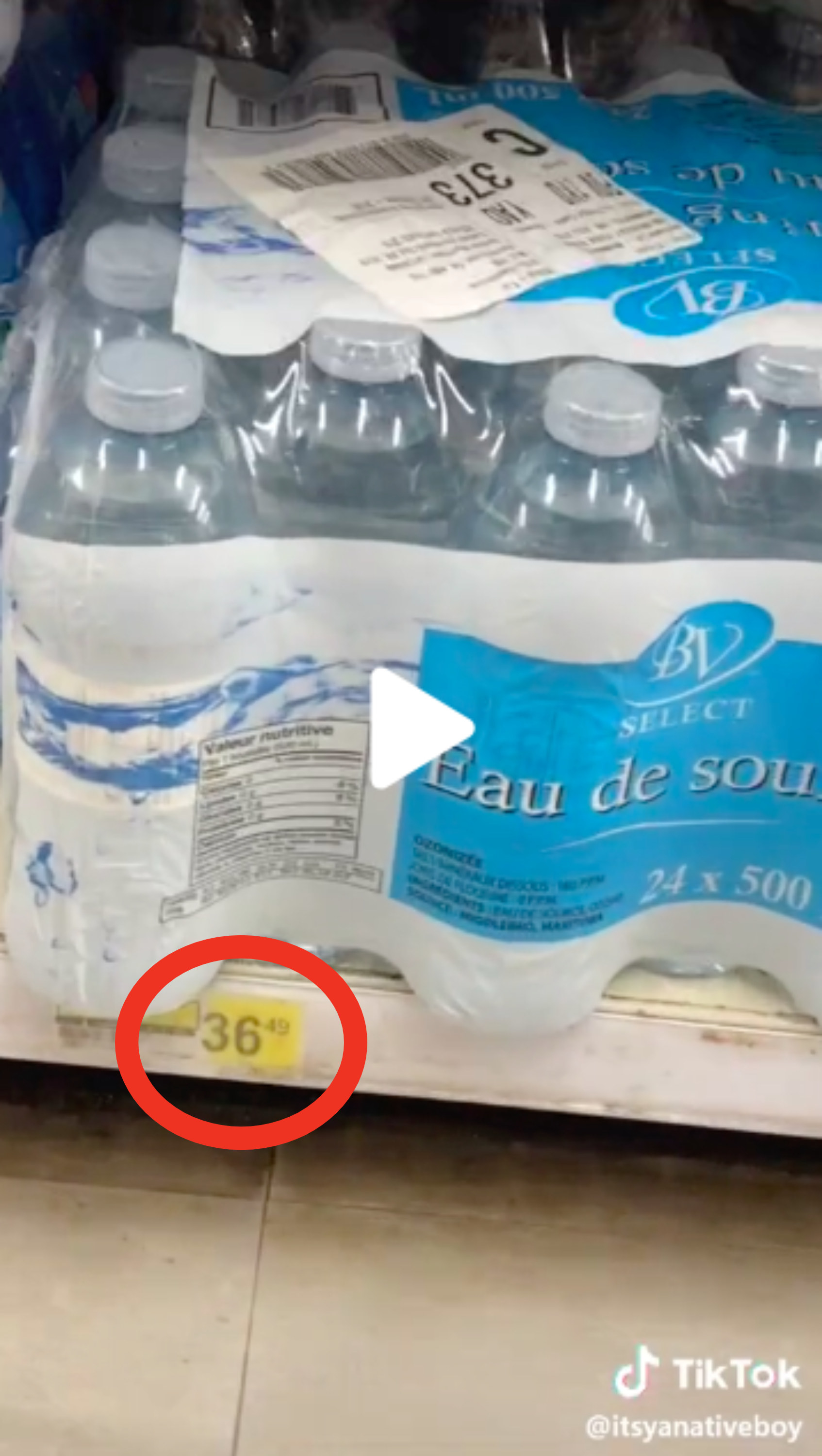
"Many people live paycheck to paycheck," Jericho said. "Minimum wage here in Ontario is the same on the reservation too. It's $14 all across Ontario, so we're paying high[er] prices with the same [minimum] wage."
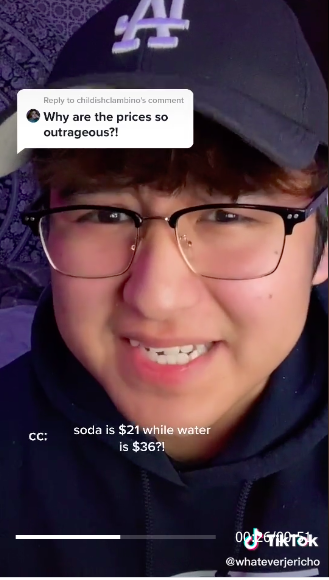
Although Jericho does receive any number of ignorant comments on his posts, he also said "a lot of people want to help."
